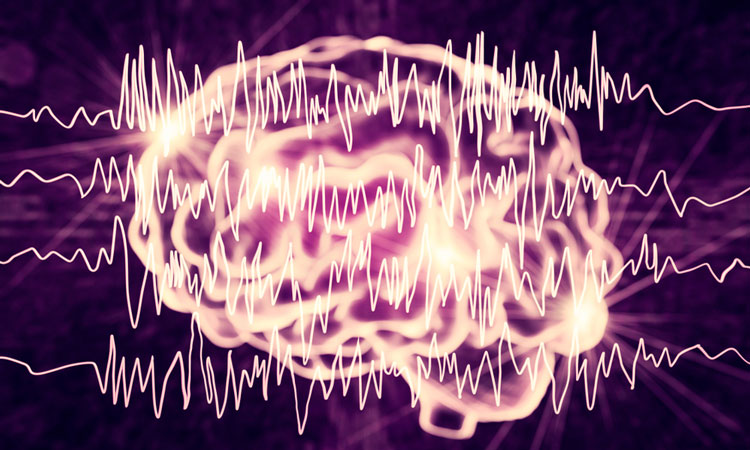No association between antiepileptic drug use and dementia
Posted: 15 February 2019 | Iqra Farooq (European Pharmaceutical Review) | No comments yet
Antiepileptic drugs have been found to have no association with dementia, with researchers looking at the data of over 50,000 patients…


Previous research have found a positive association between the use of antiepileptic drugs (AEDs) and dementia. Scientists from Germany wanted to investigate the hypothetical association between AED use and dementia risk in 101,150 individuals receiving treatment from more than 1,400 physicians in Germany.
Epilepsy is a common neurological condition and has a prevalence of approximately 2 percent. Many antiepileptic drugs are available to prevent epileptic seizures, allowing up to 80 percent of patients to become seizure-free.
“In recent years, it has been suggested that there is a bidirectional relationship between epilepsy and dementia,” explained lead investigator Professor Karel Kostev, from the IQVIA Epidemiology Team based in Frankfurt, Germany.
“In view of this, the prescription of antiepileptic drugs might be an effective strategy to prevent cognitive decline and dementia in patients affected by epilepsy. However, some researchers have assumed that AEDs could affect cognition by inhibiting neurotransmission and suppressing neuronal excitability”.
Data from the Disease Analyser database (IQVIA) was used in the retrospective study – and has previously been used in many other studies that focused on dementia.
The study included 50,575 patients with dementia and 50,575 controls without dementia, with the mean age being 81.0 years. In the study 61.5 percent of patients were women.
“The major message of this study is an all-clear for epilepsy patients, who should not fear that their AED use will result in a higher risk of dementia,” noted first author Dr Louis Jacob, of the University of Versailles Saint-Quentin-en-Yvelines, “However, it is possible that some of the newest generic brands of levetiracetam may have negative effects on cognitive function in older individuals with epilepsy, and these effects have not yet been investigated.” The authors of the study also note that: “These findings must be interpreted with great caution, and more research should be conducted to corroborate these results before any conclusions are drawn”.
The researchers mentioned how the study did have limitations, but used real-world data and a high number of controls and cases that were available for analysis.
The study was published in the Journal of Alzheimer’s Disease.
Related topics
Analytical techniques, Clinical Development, Clinical Trials, Drug Development, Research & Development (R&D)









